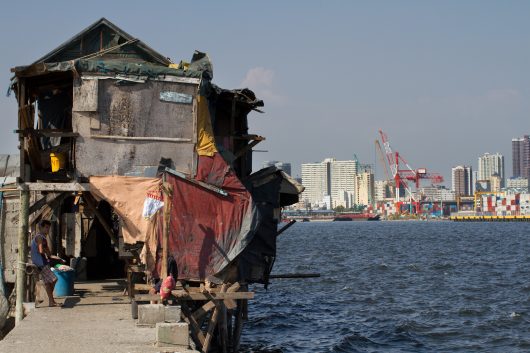
Sign of unsound economy
Slower gross domestic product (GDP) growth during the first quarter of 2019 belies any claim of a healthy Philippine economy. Research group IBON stressed that the Duterte administration’s enthusiasm over the recent credit rating upgrade that the country got is unwarranted. Instead of hailing business-biased programs, government should look to more sustainable undertakings in order to push genuinely inclusive economic growth.
The Philippine Statistics Authority (PSA) reported that Philippine GDP grew at its slowest in 16 quarters at 5.6% in the first quarter of 2019 since the 2015 first quarter GDP growth rate of 5.1%. This is slower than the 2018 first quarter GDP growth of 6.5 percent. Trade and repair of motor vehicles, motorcycles, personal and household goods and financial intermediation were the drivers of the first quarter growth with faster rates, but the rest of the economic sectors slowed down. Agriculture had stagnant growth in the last three years, while manufacturing and real estate registered the slowest first quarter growth in the past decade.
News of the economy’s slower growth came at the heels of a credit rating upgrade of BBB+ from Standard & Poor’s, which the Duterte administration attributes to its economic reforms. The administration’s economic team is also hopeful that with the credit rating upgrade the country could encourage and attract more foreign investments.
IBON however said that the slowdown proves the Duterte administration’s economic centerpiece to be unsustainable, all the more rendering the credit rating upgrade to be meaningless. The unsustainability of the infrastructure program, Build Build Build, IBON pointed out, was underscored by the slowdown of the construction and real estate sectors, which the National Economic and Development Authority (NEDA) attributed to the delayed enactment of the 2019 national budget.
Construction slowed significantly to 3.9% in the first quarter of 2019 from 10.2% in the same period last year. A closer look reveals that public construction nosedived from 22.6% to -8.6% during the same period. Private construction, meanwhile, was slightly faster from 8.1% to 8.6% within the same period, however registering a substantial slowdown from 19.3% in the fourth quarter of 2018. Real estate, renting and business activities continued its slowdown from 8.7% in the first quarter 2016 to 4.1% in the first quarters of 2019.
IBON added that the budget delay, which reportedly stifled government spending as agencies were compelled to operate on a reenacted 2018 budget, even puts government’s determination for rapid growth into question. Any government that is solid on its development vehicle, in this case, an ambitious infrastructure program, would not waste time to promptly allocate the needed budget for it, said the group.
IBON said that instead of focusing on the infrastructure program to boost GDP growth, loans, investments, and even employment, government should exert greater efforts towards sustainable sources of inclusive growth. The group noted that contrarily, the country’s production sectors are stagnant or on a continuous slowdown.
IBON noted that growth in agriculture, fishery, and forestry fell to 0.8% in the first quarter of 2019 from an already negligible 1.1% in the first quarter of 2018. Manufacturing slackened further to 4.6% from 7.3% in the same period. Agriculture registered 1.7 million jobs lost from January 2018 to January 2019, the largest contraction of agriculture jobs across all January rounds post-Marcos administration. Manufacturing created only 110,000 jobs in the same period, only a fourth of the seasonal jobs created in construction.
IBON reminded that government’s bid for the pro-business Build Build Build and for foreign investments will not bring long-term benefits to the country unless accompanied by a solid agriculture and industry centered development plan. Without boosting the country’s production base, sustainable and inclusive economic growth will remain elusive, said the group.